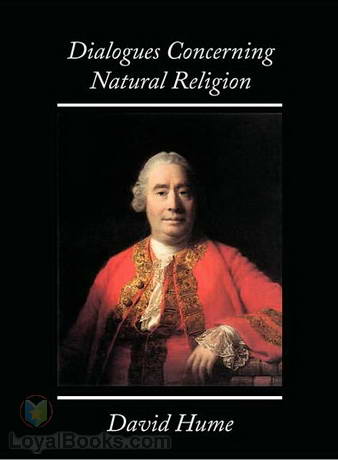Essay: Philo’s Veneration for ‘True Religion’

First in a series of essays that I’m going to post this week is a discussion of ‘true religion’ as seen from the character of Philo in David Hume’s Dialogues Concerning Natural Religion. As an alternative to commonly practiced religion which Philo calls ‘vulgar superstition,’ Philo proposes a ‘true religion’ that is free of superstition, zealotry, absurdity and impiety, and warped morality in which believers can only claim that God exists, yet make no claims about God.
I examine Philo’s ideas using evidence from Hume’s text to support my ideas and weigh in on whether or not ‘true religion’ is attractive. I argue that true religion really offers nothing unless belief in a god is warranted and nothing can be said about said god. Religious people today often want to distance themselves from other religious people and claim that their version of religion is the correct religion while saying that others whom they disagree with can be excluded because they aren’t ‘true’ religionists, but this ‘move’ is unwarranted.
Essay prompt:
In Part XII of the Dialogues Concerning Natural Religion, Philo, the character who has tended to take the stance of the philosophical skeptic, speaks of his “veneration of true religion.” What, according to Philo, is true religion, and what is there to venerate in it? To answer this question, you will have to pay close attention to the thrust of Philo’s arguments in Part XII. Be sure to make clear what textual support there is for your interpretation of Philo’s remarks. Do you think the views, concerning true religion, that Philo describes are attractive? Why or why not?
Click “fullscreen” below to view my essay in the best resolution. Huge thanks go to Andrew Puzzo for giving me the idea to upload essays using Scribd. Duh.


Recent Comments